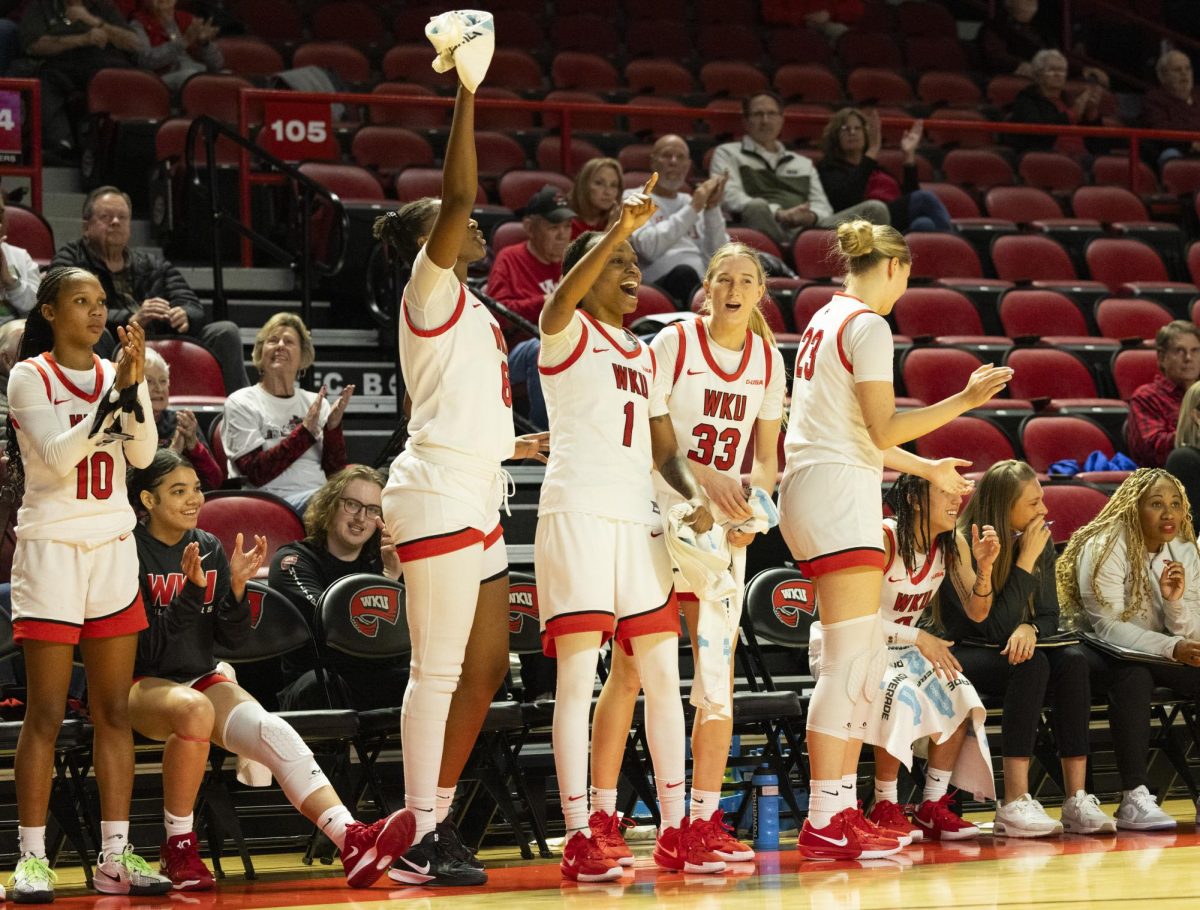Professor helps document African language for the first time
March 13, 2012
Over two decades ago, Kpelle, the language secondary in Liberia behind English, had never been recorded. Thanks to Dr. Elizabeth Winkler, WKU associate professor of linguistics, Liberia now has the first written source of their language in its history — the Kpelle Dictionary.
Winkler started working on the Kpelle Dictionary when she was in her Doctor of Philosophy program in 1985. She said she got interested in this language in her Field Methods course after meeting a woman from Liberia, who told her that people speak in Kpelle but this language is unwritten.
“We spent many classes asking her a lot of questions about her grammar, sound system and how men and women talk to each other,” Winkler said.
The creation of the Kpelle Dictionary took her three years, she said. However, it’s not complete yet. The dictionary has only 4,000 words in it, compared to English that has 450,000.
“When we were creating this, we were working on family names, furniture, food, animals, basic verbs, all kinds of things that are in basic, everyday life but not a lot of highly technical terms,” she said.
Winkler has not yet visited Liberia herself. In 1985, Liberia was in the middle of a civil war. However, she said, she’s planning to visit within the next year.
“I had an access to a lot of native speakers who were in the U.S.,” she said. “It was very easy to work with them that way.”
Winkler is currently working on a project that includes two parts. The first one is creating the online Kpelle Dictionary, and the second one is expanding the current hard copy of the document.
“We want the dictionary to be something simple that is affordable for people in the country where it is going to be used,” she said.
The computer engineer and native Liberian, Peter Curran, 54, who is currently living in Chicago, is one of the people helping Winkler with her project. For now, he’s overseeing the e-learning or the online Kpelle Dictionary.
“The Kpelle Dictionary will start early education in Kpelle for native children and eventually integrate English as the children get higher in school,” he said.
“This bilingual method of education is very effective because at least 90-percent of the children don’t have an English- speaking parent.”
Winkler said she agrees that most of the world is bilingual. But it is not a big deal, especially in Africa where people are bilingual or even trilingual and don’t think of it as a handicap.
“Some people in the U.S. have the idea if you come to the U.S., you should give up whoever you are and join the melting pot and give up your languages,” she said.
On the contrary, Winkler said she believes Americans need other languages here to be able to compete or collaborate with countries throughout the world.
“It is not a benefit for us to be monolingual,” she said.
Another advantage of having the Kpelle Dictionary, especially an online version, is that it requires fewer physical instructors and the access is immediate.
Curran said videos and the Internet may be used to get to students in very remote villages, as well as the rest of the world.
With the help of the internet, people “would have it much easier to start learning Kpelle online immediately,” he said.
A Gatton Academy student, William Roach-Barrette from Frenchburg, is also collaborating with Winkler on her project. He said he’s responsible for finding a way to convert an old Microsoft Word file to a modern day Microsoft Word processor.
Roach-Barrette said he has never dealt with such a problem before. However, he’s eager to learn a new skill and use his current computer skills to do something productive.
“The creation of this dictionary has the potential to help millions of people,” Roach-Barrette said.













